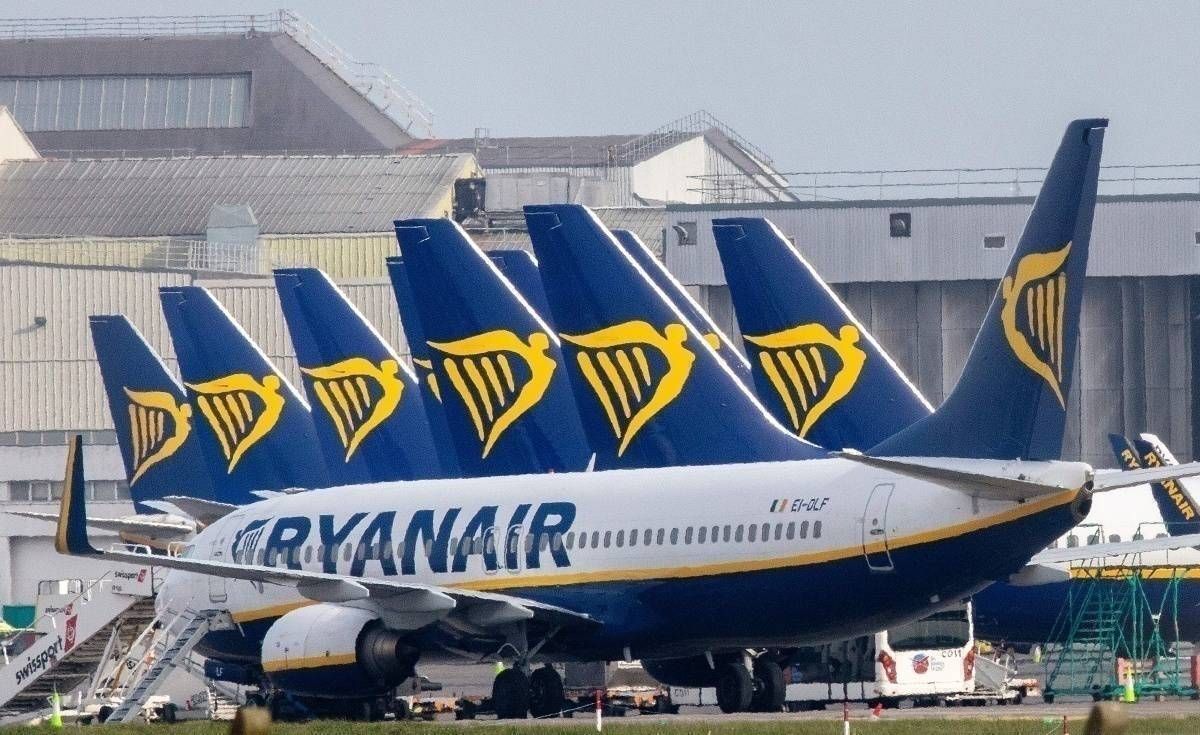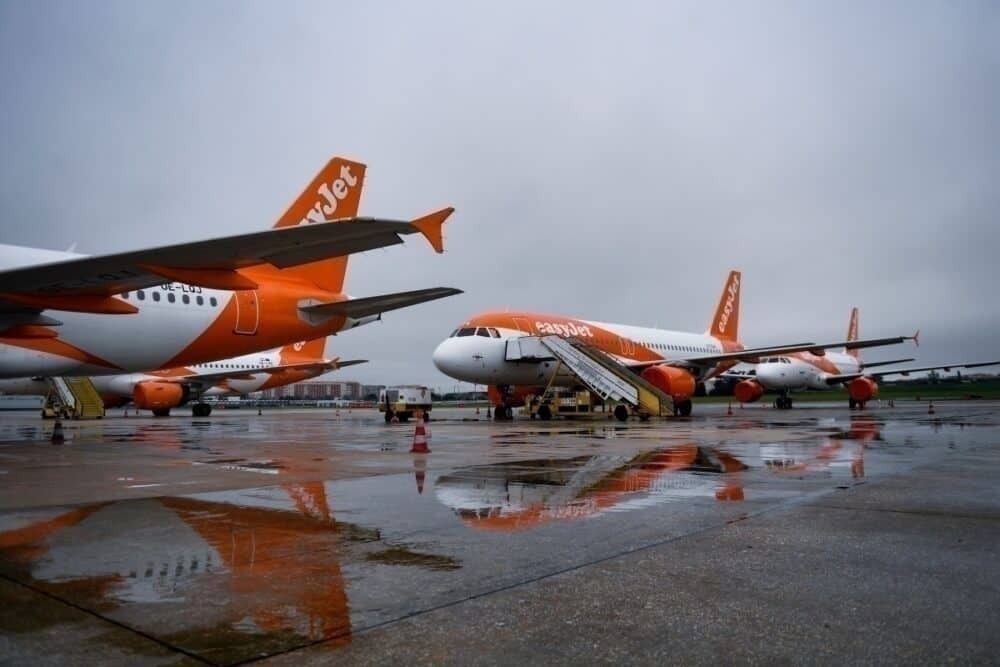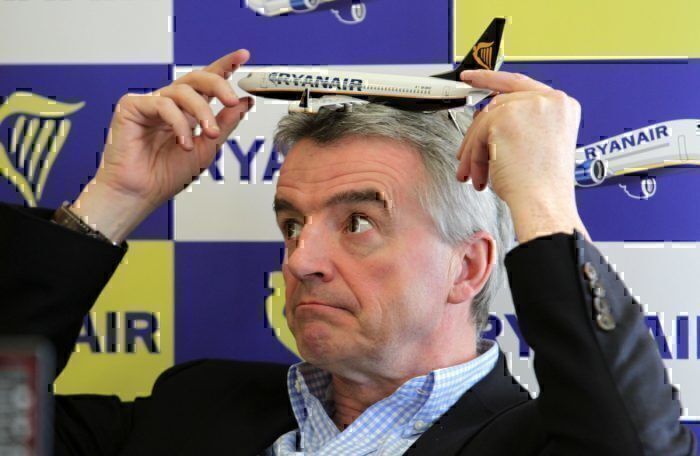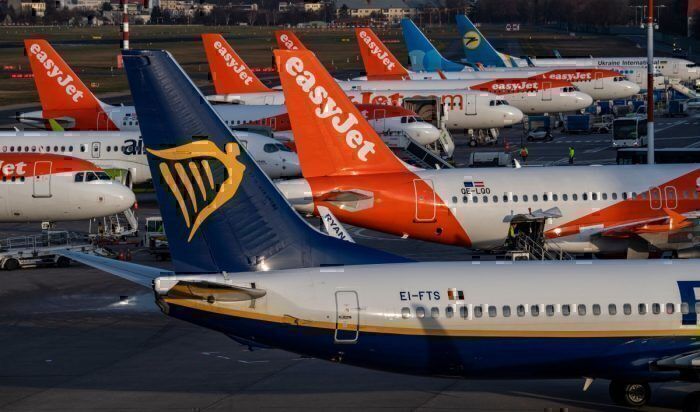Outspoken boss off low-cost giant Ryanair, Michael O'Leary, has hit out at airlines who are blocking the middle seat. He claims that vacating the middle seat won't do anything to stop the spread of COVID-19, and urges regulators to look to Asia for guidance on how to move forward.
"No beneficial effect whatsoever"
Over recent weeks, we've seen increasing numbers of airlines attempting to introduce 'social distancing' onboard flights in a bid to protect passengers from the spread of coronavirus. The most popular method of delivering this promise is the blocking out of the middle seat.
The theory behind this is that, as passengers must select either a window or an aisle, there will be an increased amount of distance between themselves and other passengers. The downside of this, for the airline at least, is the reduction in seating capacity on board.
Just this week, easyJet announced its own plans to block the middle seat when it eventually resumes service. While founder and principal shareholder Stelios Haji-Ioannou wasn't happy with this, it seems someone else has something to say about it too.
Michael O'Leary, boss of Ryanair, has spoken out about what he calls the "mad" proposals to block out one-third of each aircraft. In an interview with Reuters, the outspoken Irishman slammed plans by IATA to introduce this type of social distancing, saying,
“We’re in dialogue with regulators who are sitting in their bedrooms inventing restrictions such as taking out the middle seats, which is just nonsense … It would have no beneficial effect whatsoever.”
What's the problem with blocking the middle seat?
Mr O'Leary has some pretty strong arguments against the middle seat block concerning its ability to reduce the spread of COVID-19. He argues that vacating one-third of the aircraft would still not allow for a two-meter separation of passengers, a distance which is becoming the standard for most social encounters as recommended by most health authorities.
He also weighs in on what he calls the other "pinch points" of travel, which would frequently mean the two-meter distance is not maintained. He continued,
“People come to the airport in trains without social distancing. You can’t do social distancing in the airport either at check-in, at security, at restaurants or shops - even the airports admit that.”
While no airline would willingly forgo one-third of its passenger revenue without good reason, for low-cost carriers such as Ryanair, the pain would be even more acutely felt. Airlines operating on the LCC model are reliant on operating at maximum efficiency and packing every plane with the maximum passengers.
Look to Asia for answers
While O'Leary fails to present any workable solution to the challenge of restarting flights, he does have a tip for regulators going forward. He suggests Europe should look to the Asian markets for a blueprint of how to move on, where temperature screening and mandatory face masks are becoming the norm. He commented,
“That seems to me to be the best that we would be able to manage.”
Of course, O'Leary wouldn't miss a chance to hit out at his rivals during an interview and he didn't break from the trend here either. Maintaining that Ryanair could still break even with the middle seats blocked out, he said that national airlines would likely struggle to turn a profit, commenting that,
“Most of them were losing money even when you sell the middle seat.”
What do you think about the vacant middle seat and social distancing? A top idea to get aircraft back in the skies or an unworkable madness, as O'Leary suggests?




